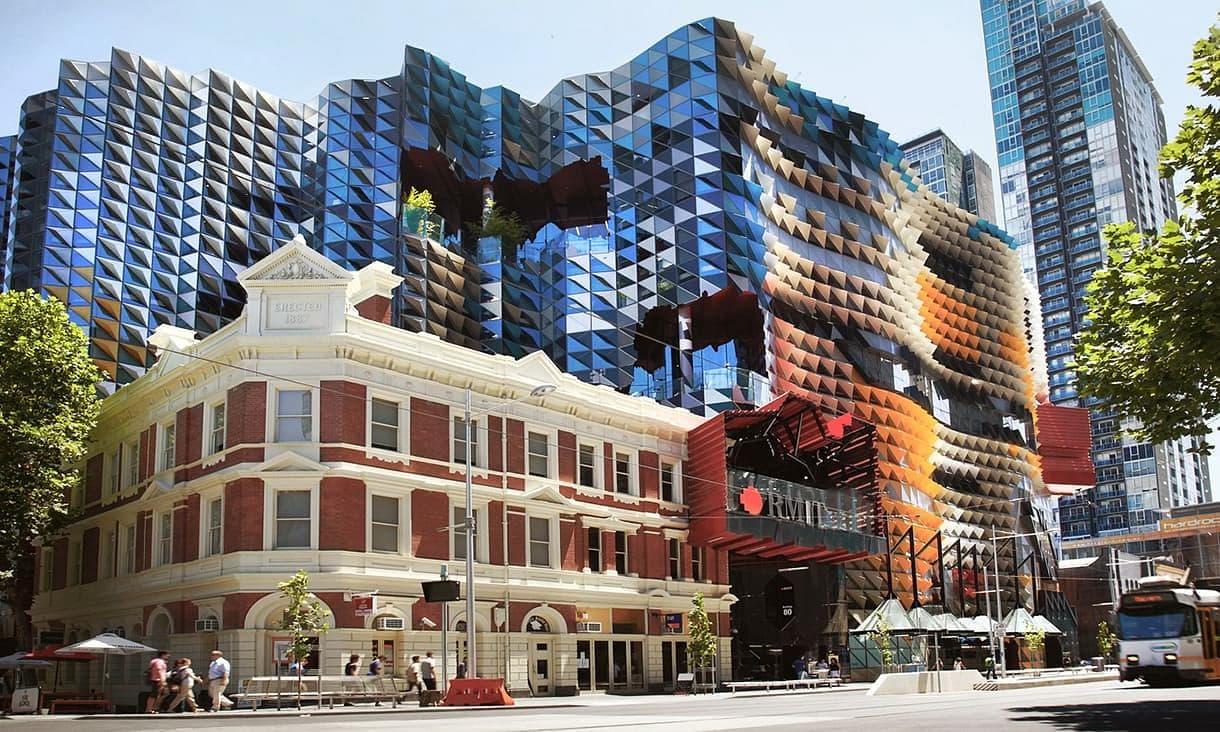

Bachelor of Environment and Society at RMIT University
Melbourne, Australia
- Tuition Fee AU$ 32,640
- Country Rank-
- Duration36 Months
- Score IELTS: 6.5 TOEFL: 79
Program Overview
The Bachelor of Environment and Society is a step toward a career that addresses the most pressing issues of our time, including biodiversity protection, food and water security, corporate responsibility, resource depletion, and climate change.You’ll join a community of passionate peers, all learning how to develop new methods of consumption and production, working toward a more sustainable future.
This unique degree highlights the social elements of environmental issues, providing graduates with operational knowledge and essential soft skills in communication and critical thinking, making you highly desirable to future employers. As a graduate, you will understand how to evaluate environmental policies and management strategies at local and global levels. To ensure you’re work-ready, you will undertake a minimum 20-day work placement in your final semester. Engagement with the environmental sector is also embedded in a number of subjects and assessments, and your final year project offers a chance to explore your passions in a supported environment.
Cost Of Studying At RMIT University
Interest rates as low as 8.9% *
250K+
Students Assisted
800Cr+
Loan Amount Disbursed
5000+
Loans Sanctioned